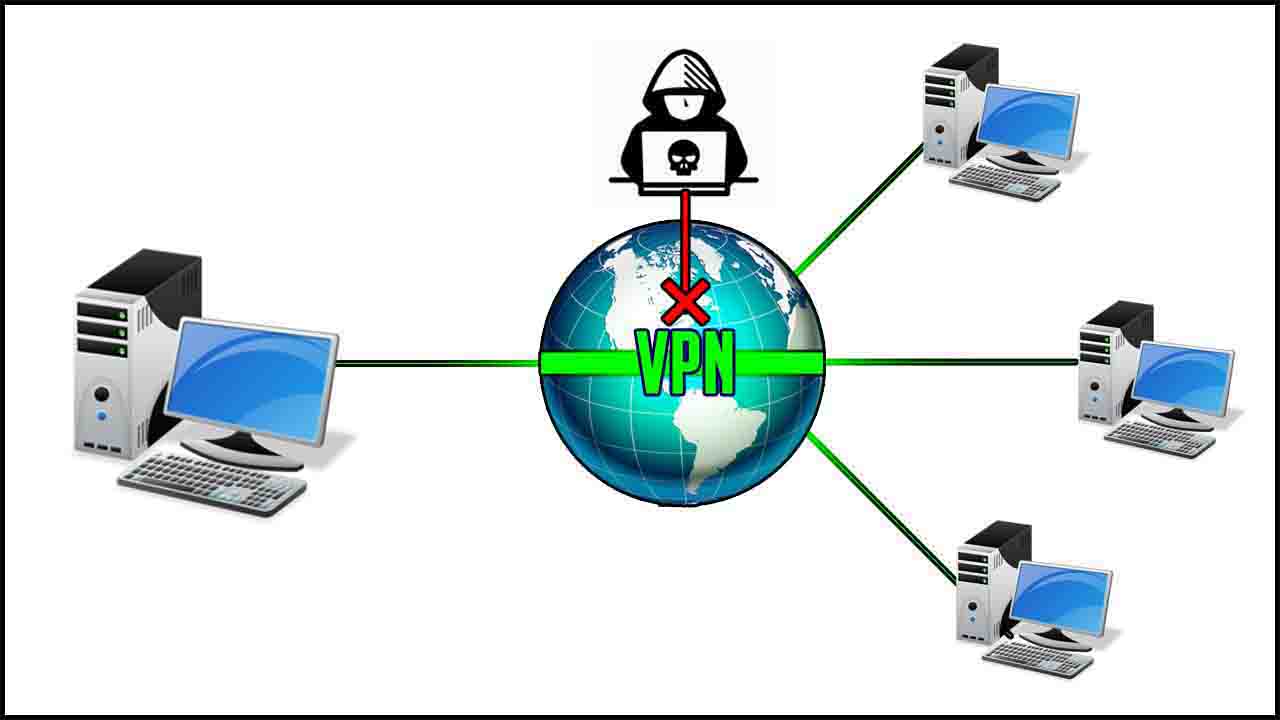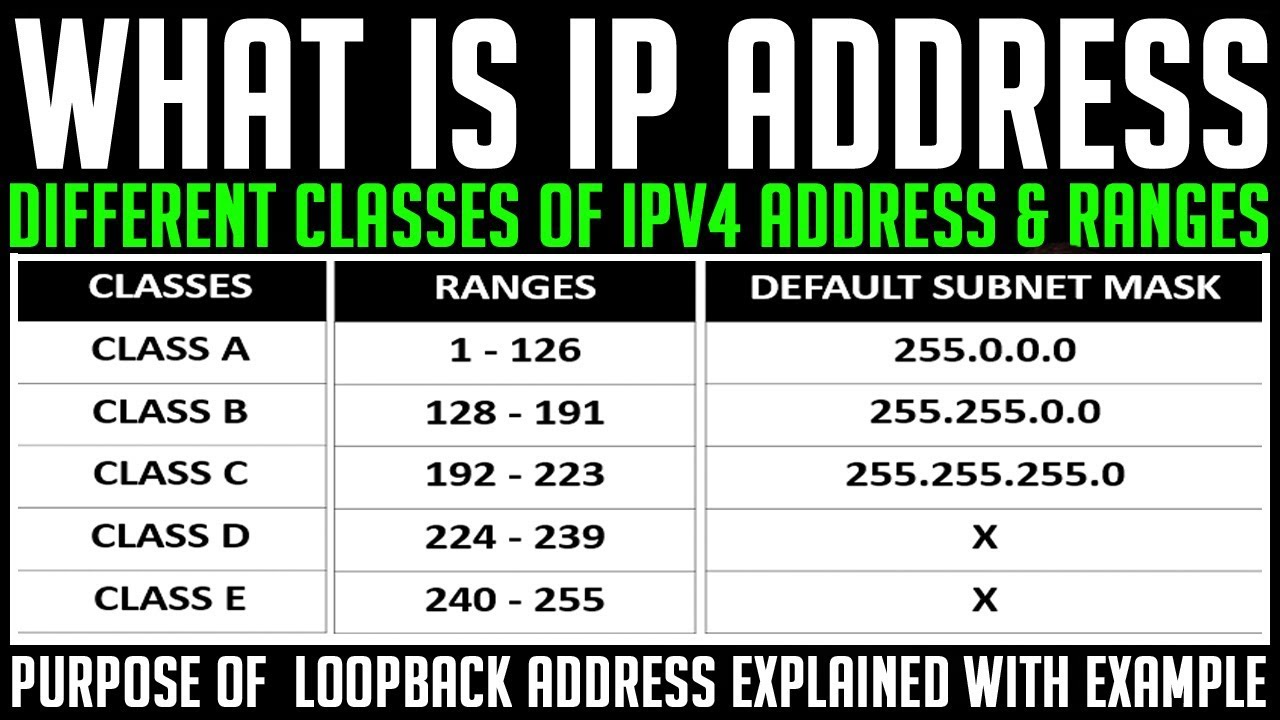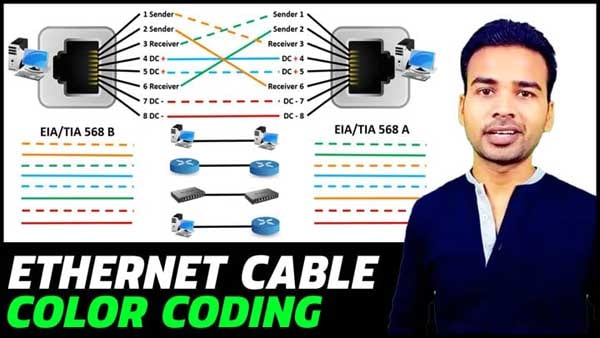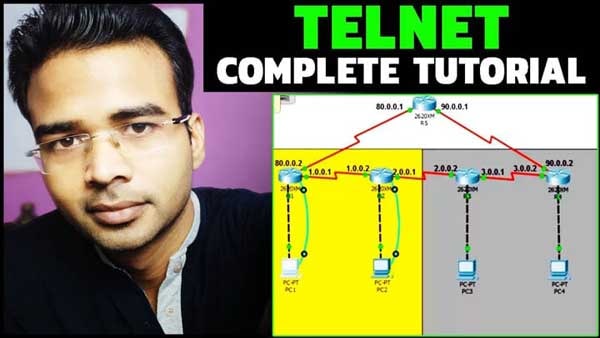VPN stands for Virtual Private Network. It creates a secure tunnel over a public network with the help of which you are able to securely transfer data over the internet. VPNs may allow employees to securely access a private network while located outside the office. Here in this post, we are going to learn:
- How VPN works
- Important VPN Protocols
- Types of VPN
- Advantages and Disadvantages of VPN

How VPN works?
Hides the Real IP Address
The time you try to access a website. Your PC will send the request including its IP Address to the web server. The web server is going to check the IP Address from where the request is coming from. After confirmation, it will send the reply to your PC and like this, you are able to view the website.
Hence, while sending the request to the web server, you are sharing your real IP Address to the public network. So, in this case, there might be chances the hacker can detect the IP Address and it will be easy for them to hack your PC. For this reason, we use a VPN.
If you are using a VPN, instead of directly requesting the webserver. Your PC will first send the request to the VPN Server. The VPN server will hide the real IP Address and forward the request with the virtual address.
Like this, the hacker never comes to know the real IP Address of your PC and it is not possible for them to hack.
Ones the web server receives the request, again it will check the IP Address from where the request is coming from. Hence, the request came from the VPN Server it will send the reply to the VPN Server only. Now, the VPN Server will forward this message to the real IP Address of your PC, and like this, you can browse the internet securely.
VPN allows you to access blocked website
There is a certain website that is blocked in your country. Now, what you can do is, you can use VPN to access them. VPN allows you to log in to the server of any other country and like this, no one can detect the exact location of you.
For example, Netflix is blocked in India and it is only available for the citizen of the US. Now, what VPN will do is. It will forward the request to the web server with the IP Address of the US Server and like this Netflix will understand that the request is coming from the US and they will give you access.
VPN Protocols
- IP security (IPsec)
- Secure Sockets Layer (SSL) and Transport Layer Security (TLS)
- Point-To-Point Tunneling Protocol (PPTP)
- Layer 2 Tunneling Protocol (L2TP)
Types of VPN
- Intranet VPN – Used to connect computers to two different sites of a company with a VPN device connected at each end.
- Extranet VPN – Used to connect computers to two different sites of two partner companies with a VPN device connected at each end.
- Access VPN – Used to connect Internet users to the network of the company.
Advantages of VPN
- Privacy – prevents unauthorized users from viewing the data in the packet being transferred over the Internet.
- Hide IP and Location: VPN hides the real IP of a PC or network from unauthorized users in the public network.
- Allow Blocked Content: Allows you to access the blocked website in your nation or office.
- Encryption: Whenever you send data using a VPN, it used to get encrypt and deliver.
- Authentication – VPN verifies that that packet is sent by the authorized user.
- Data Integrity – Verifies that the data packets are not changed during transmission.
- Anti-replay – Prevents intermediate users from copying and resending the packets sent by an authorized user.
- Remote control. In the case of a company, the great advantage of having a VPN is that the information can be accessed remotely even from home or from any other place.
Disadvantages of VPN
- The cost is high. So, it is not possible for all to afford a good VPN service.
- VPNs require a detailed understanding of network security issues and careful installation/configuration to ensure sufficient protection on a public network like the Internet.
- The design and security implementation for a virtual private network can be complex.
- Using a VPN service can slow down your Internet connection’s speed because of the processing power required for encryption.
- A lot of free VPN apps are available for Android and Apple devices. However, some of these free apps are actually fake VPN services that may put your online data and security at risk.
So guys, in this post we have learned what is VPN and how does it work. Please let us know your feedback in the comment section below.


